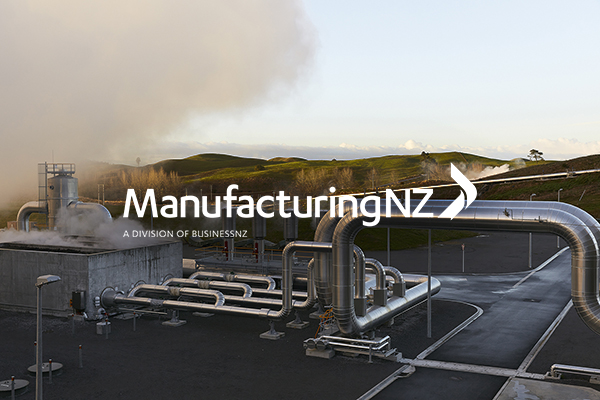Those questioning the value of free trade agreements could do well to examine the results achieved by New Zealand’s other agreements, and consider what we would miss out on if we were not included in the Trans-Pacific Partnership (TPP).Those questioning the value of free trade agreements could do well
to examine the results achieved by New Zealand’s other agreements, and consider what we would miss out on if we were not included in the Trans-Pacific Partnership (TPP).
The collective worth of the 12 Asia Pacific economies in this imminent free trade agreement is more than US$27 trillion in GDP.
Trade with China has grown spectacularly since the free trade deal came into force outperforming all expectations. As for the NZ-Taiwan trade deal, in its first month of entry into force, trade with Taiwan grew 37% when compared to December 2012.
The bottom line is that there is no country that stands to benefit more from free trade deals than New Zealand.
Our major export categories and businesses of scale are from the agricultural sector – which is where you’ll also find the biggest tariffs and barriers to trade around the world.
If free trade deals can give us competitive access to markets where we have previously been blocked due to high tariffs or quotas, then the rewards can be large and tend to come quickly, as we have seen with China and Taiwan.
One spin-off effect from free trade deals we’ve observed at ExportNZ, is an increased focus on the countries where we’re getting better access, plus increased trade from a broader range of businesses. If companies have regulatory barriers removed and can compete fairly with the rest of the world, they
are prepared to invest in new markets and develop relationships for the long-term.
Modern trade is a two-way street. Our exporters are part of global supply chains on the supply side and the import side. This often requires components or inputs from other countries to add to the production or manufacturing mix.
Those who raise doubts over the net benefits of free trade agreements in New Zealand tend to take a “Chicken Little” view of the world, and think of all the potential worst case scenarios. Sure, our negotiators have to hold firm to ensure the best outcomes for our economy overall in areas like intellectual
property, investor state disputes mechanisms, environment and health and safety. But they have proven competent at getting good results in the past, and can do so for the TPP as well or why would we sign the deal?
We should not forget that TPP has as its starting point an existing free trade deal (P4) that NZ has already signed up to.
Those who are most strident about the risks to New Zealand, like the Sustainability Council, are the same small cohort of academics who were also advocating we adopt the highest cost response to climate change in the world. Their body of research and reports are pretty consistently distrustful of markets
and trading (they would also have us renationalise the energy sector for example) and they have quite a fortress approach to the world.
New Zealand cannot afford to have a fortress approach to the world. If we do, we will get left behind as countries free up their trade with each other.
If we get a high quality free trade deal in the TPP that includes tariff phase-outs for agriculture, the net benefits to New Zealand will be significant – not just in avoided tariffs, but in new opportunities to trade where before we were blocked.
The world has moved on. Business is internationally connected and increasingly borderless – and New Zealand needs to be involved. If and when disputes arise with our trading partners, they will need to be managed. All of our FTAs include mechanisms for managing any disputes should they arise.
This is what businesses around the world do every day of every week of every year. Governments can help us by removing barriers to trade.
By Catherine Beard – Executive Director, ExportNZ
Email:

